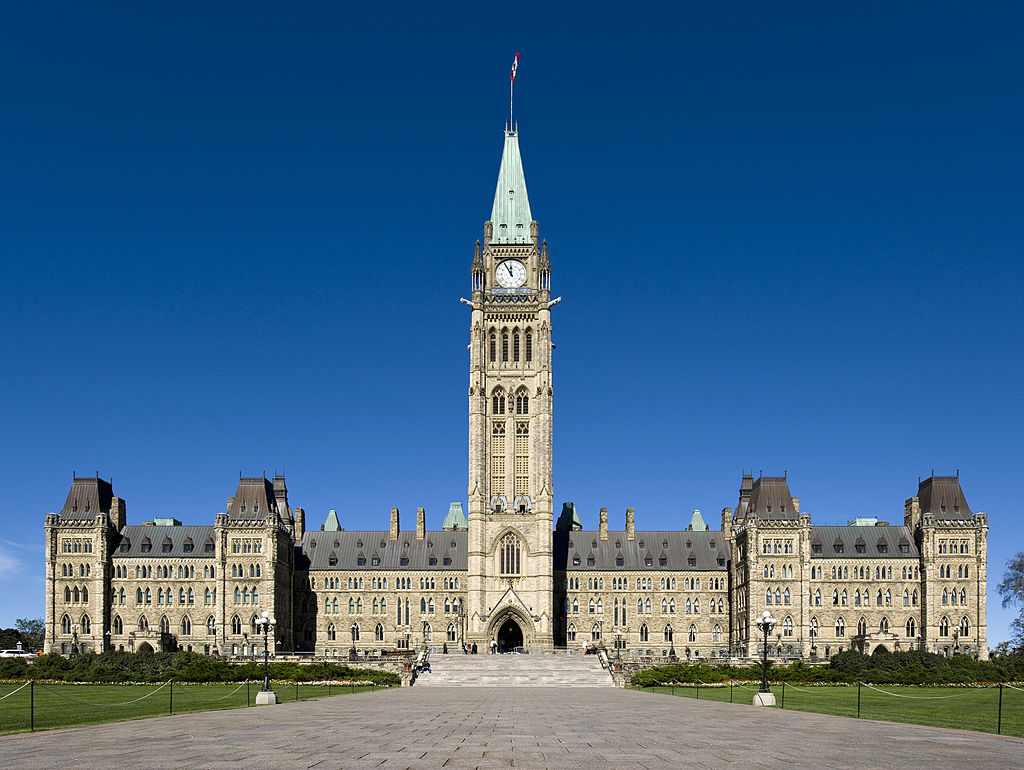
Toronto Region Board of Trade welcomes ‘investment’ budget to retool Canada’s economy, urges provincial action to unlock full growth potential
The Toronto Region Board of Trade welcomes the Federal Government’s 2025 Budget, which puts Canada on the path to reorient its economy in the face of intensifying global competition and mounting loss of investment. Framed by historic U.S. tariffs and a widening productivity gap, Budget 2025 sets out a strategy to divert capital now flowing offshore back into Canada.
At the heart of this pivot is a Productivity Super-Deduction, lowering the marginal effective tax rate on new business investment, including a historic reduction to 0.4 per cent for manufacturing.
“This is a big-bang budget, and a timely one,” said Giles Gherson, President & CEO of the Toronto Region Board of Trade. “After decades of corrosive underinvestment, Canada is finally signalling that it wants to compete for capital. This budget provides a strong foundation to modernize our economy, including our manufacturing sector, which has been stretched by global shocks and now stands at a turning point.”
While the government notes that Canada already had the lowest federal marginal effective tax rate in the G7, the Board cautioned that headline numbers don’t tell the full story.
“Competitiveness isn’t defined by one statistic,” Gherson said. “Cumulative costs across federal, provincial, and municipal levels — from property taxation to project approvals — continue to weigh on investment decisions. This super-deduction is a meaningful step forward, but not the destination.”
The Board also welcomed targeted investments in innovation and export readiness, including enhancements to the SR&ED tax credit, new venture capital programs, and a $46.5 million SME Export Readiness Initiative.
The Board also welcomed the government’s plan to create a $2 billion trade finance tool through Export Development Canada to make it easier for international buyers to choose Canadian.
“Trade diversification is essential,” said Gherson. “Canada’s ability to reach new markets hinges not just on policy, but on delivery. The Board’s Trade Accelerator Program shows how business and government can efficiently build export readiness. We’re ready to help operationalize this agenda.”
The budget also earmarks more than $115 billion for infrastructure, and signals further action in areas like airport competitiveness, strategic minerals, and AI capabilities.
“Infrastructure investment is essential, but execution is everything,” Gherson added. “To realize this budget’s potential, we need faster approvals, clear timelines, and regional coordination. Businesses are ready to invest: they need infrastructure and regulatory systems that can keep pace.”
These signals point in the right direction, but long-term commitment and alignment from provincial and local governments will be required. We will need to keep our eye on the ball over the next few years to ensure that these investments are providing the competitive incentives needed to retool and reorient critical but heavily-challenged industries like Ontario’s manufacturing sector.
The Toronto Region Board of Trade is one of the largest and most influential business chambers in North America and is a catalyst for the region’s economic agenda. We pursue policy change to drive the growth and competitiveness of the Toronto region and facilitate market opportunities with programs, partnerships and connections to help our members succeed – domestically and internationally.
Media Contact
Jason Chapman, Communications and Media Relations Manager